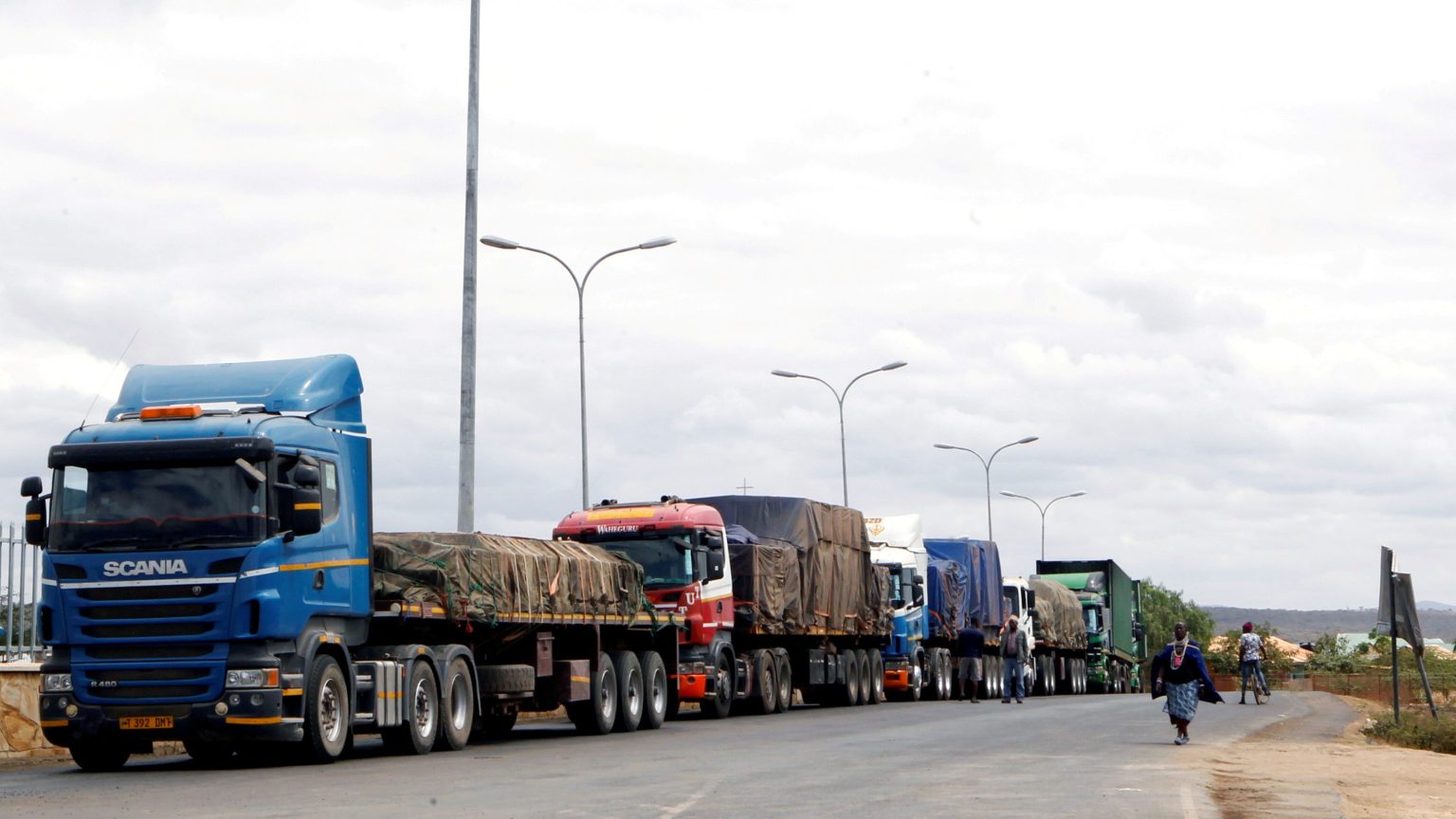Developing logistics and supply chain infrastructure in Africa improve trade links across the continent’s fragmented economy and even within individual nations.
- Investing in logistics and supply chain infrastructure helps to accelerate trade significantly.
- The difficulty of transferring commodities throughout Africa is not new to the continent.
- Logistics and supply chain infrastructure remains necessary to guarantee that Africa reaps the most benefits from the AfCFTA.
Logistics and supply chain infrastructure crucial for trade
African nations wanted to increase intra-African trade. That was the impetus behind the creation of the African Continental Free Trade Area (AfCFTA). The AfCFTA came into effect on January 1, 2022. The facilitation of intra-regional trade is critical to African economic success.
According to World Bank projections, the free trade agreement would increase intracontinental exports by more than 81 per cent and non-African exports by 19 per cent, potentially lifting tens of millions of Africans out of poverty by 2035.
ALSO READ: Trends shaping the future of logistics in African markets
While the AfCFTA has great promise for improving African nations’ socioeconomic growth, numerous historic difficulties need solving if the union must realise its full potential. One such impediment is Africa’s lack of regional connection due to weak transport and logistics infrastructure, which will undoubtedly impede the free movement of products, services, and people throughout the continent.
International trade relies on logistics. Logistics and supply chain infrastructure improves connection across diverse economies and even within individual nations. Investing in logistics and supply chain infrastructure helps to accelerate trade significantly.
Consolidating supply chains
The difficulty of transferring commodities throughout Africa is not new to the continent. It is currently a key impediment to the AfCFTA’s prospects, especially in building regional industrial supply chain clusters. Africa’s massive infrastructure deficit has hindered regional trade and economic integration for decades, notably in transportation and supply chain fragmentation.
Some parts of the continent, specifically areas surrounding East African nations, do far better in cross-border movement and trade. However, most African countries fare poorly on metrics such as cross-border clearance processes. According to the World Bank’s Logistics Performance Index, the regions also struggle with trade quality, infrastructure, inconsistent tax regimes, and consignment trace and track techniques.
Digitalisation in Africa’s logistics industry will address some of these difficulties. Furthermore, the development of digital logistics startups has aided in the facilitation of connection, which is critical to the movement of commodities within the area and across borders.
E-logistics enterprises may assist transport players throughout the continent in saving money and increasing income by offering technology that streamlines pricing, payment, and the seamless flow of products and data that provides vital business analytics. The businesses’ experience adopting digital technologies to improve logistical efficiency and transparency across the continent may well help decide if the free trade zone is a success.
Infrastructural investments vital under AfCFTA
Most of Africa falls behind its worldwide equivalents in important infrastructure classifications, such as road and rail transportation. The issue has persisted for decades. Despite recent attempts to resolve this, African governments exacerbate it by failing to invest enough in connections and infrastructure.
Over the years, infrastructure investment on the continent has steadily increased. Furthermore, multinational investors desire the resources to spend much more throughout the continent.
Africa’s development banks remain undercapitalized, according to UNCTAD. As such, Africa lacks significant infrastructure and connectivity investment.
With the implementation of the AfCFTA, the need for infrastructure development in Africa has become even more pressing. The continental trade pact allows African states to actively address the transportation and logistical issues that have long hindered intra-regional trade and migration.
Smooth intra-Africa transportation, as well as an unrestricted movement of commodities, services, and people inside and beyond national boundaries, remain crucial in operationalising the AfCFTA. Massive and intelligent investments in connectivity and infrastructure are necessary to reverse the significant issue of infrastructure deficiencies and supply chain fragmentation, but without raising the danger of financial distress.
Mobilising financial resources to enhance logistics and supply chain infrastructure
African states must mobilise the continent’s financial resources to fund the regional infrastructure to make the AfCFTA a regional game-changer. Without this, the continent-wide accord would undoubtedly be hampered by a lack of transportation infrastructure. Consequently, African commercial integration will remain a pipe dream for the foreseeable future.
It is no secret that Africa suffers from an infrastructure deficit. The deficit has hampered trade growth and logistics on the continent. While stakeholders have made serious attempts to address the situation, there is still space for improvement. Significant actions remain necessary to guarantee that Africa reaps the most benefits from the AfCFTA.
Developing logistics and supply chain infrastructure in Africa improve connection across the continent’s fragmented economy and even within individual nations. The development would improve the capacity to transit trade from the bottom of the nation, where the port lies, to the top of the country, where agricultural production typically gets done in large quantities. Infrastructure investment would significantly speed up trade.
ALSO READ: Logistics value, supply chain key to AfCFTA’s success
